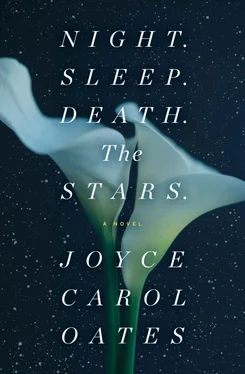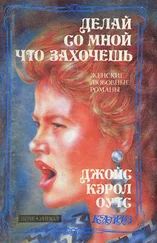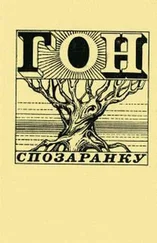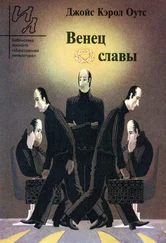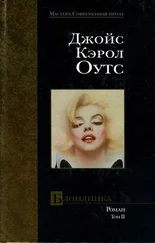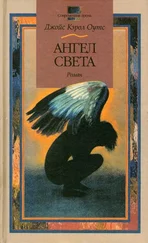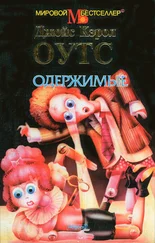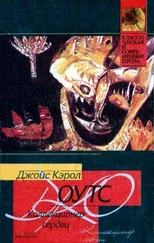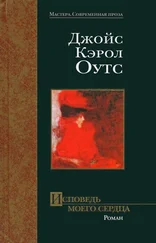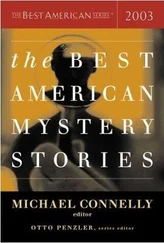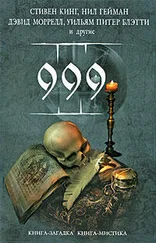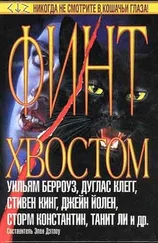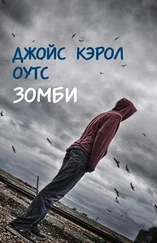Joyce Carol Oates
NIGHT. SLEEP. DEATH. THE STARS.
In memoriam Charlie Gross, first reader and beloved husband
A Clear Midnight
This is thy hour, O Soul, thy free flight into the wordless,
Away from books, away from art, the day erased, the lesson done,
Thee fully forth emerging, silent, gazing, pondering the themes thou lovest best.
Night, sleep, death and the stars.
—WALT WHITMAN
OCTOBER 18, 2010
Why? Because he’d seen something he had reason to believe was wrong and it was within his power or at any rate it was his moral obligation to rectify it, or to make that effort.
Where? Returning home on the Hennicott Expressway at approximately 3:15 P.M. of that day. Just beyond the grimy and graffiti-defaced overpass at Pitcairn Boulevard where in the early 1970s a ten-foot chain-link fence had been erected when high-school-aged youths rolled heavy rocks down upon motorists bound for the northern suburbs causing the death of one motorist and the injuries of others and considerable damage to their vehicles.
From where? A luncheon meeting of the trustees of the Hammond Township Public Library at the downtown, central library which John Earle McClaren (at that time mayor of Hammond, New York) had helped to rebuild in the mid-1990s with a capital campaign of several million dollars; since then, John Earle—“Whitey”—had not missed a meeting of the trustees in fifteen years.
Driving his vehicle, a new-model Toyota Highlander, in the right lane of the three-lane highway at a speed neither above nor below the fifty-five-miles-per-hour limit. This caution in the light of his having consumed a single glass of white wine at the luncheon (though John Earle did not seriously believe that he was driving under the influence of alcohol or that his driving, perceived by any neutral observer, might be so interpreted).
Seeing then, just before the exit at Meridian Parkway (which would have had him safely home in the house on Old Farm Road in which he’d lived so happily with his dear wife for most of his adult life, within twenty minutes), a Hammond police cruiser parked at the side of the road with its red light flashing, and another vehicle parked close by; (two) uniformed police officers pulling a (young?) (male?) (dark-skinned?) individual from his car, shouting into his face and slamming him repeatedly against the hood of the car. Slowing his vehicle to get a better look, and shocked at what he seemed to be seeing, now braking, daring to stop just beyond the police cruiser, John Earle climbed out of his vehicle to approach the officers who were continuing their manhandling of the dark-skinned young man though it was clear (to John Earle) that the young man was not resisting them unless you called trying to shield his face and head from their blows “resisting”—boldly calling out, “Stop! Officers! What are you doing!”—brazen-seeming, fearless, summoning something of his old mayoral authority in this new century, in this uncharted place (scrubby inner-city Hammond in which a stricter and harsher police presence prevailed, little-known even to white citizens as knowledgeable as John Earle McClaren); and there followed then an excited exchange which John Earle would not recall clearly afterward as he would but vaguely recall that the dark-skinned man was of slender build, very frightened, not an African-American but (seemingly) a young Indian, in a suit, white shirt torn and blood-splattered, wire-rimmed glasses knocked from his face.
Both police officers shouted at John Earle—“Get back into your fucking car and get the fuck out of here, mister”—and John Earle dared to continue to advance—“You’re beating a defenseless man. What has he done?”—fired with adrenaline, heedless, insisting he would not leave —“I want to know what this man has done. I am going to report you for excessive force.” Forgetting that he was sixty-seven years old and had not been mayor of Hammond for a quarter-century. Forgetting that he was (at least) twenty pounds overweight, easily winded, and taking a powerful medication for high blood pressure. In his vanity assuming that since “Whitey” McClaren had been a popular moderate-Republican mayor with a skill for political compromise, that he’d been a civic-minded citizen, a well-to-do local businessman, a poker-playing friend of the late Hammond police chief and longtime contributor to the Police Benevolent Association who believed (and had said so often, publicly) that police officers have a difficult and dangerous job and need public support not criticism—the officers might recognize him, and relent, and apologize. But this did not happen.
Somehow instead it has happened, John Earle is on the ground. On his back, on the filthy pavement. Broken glass, stink of diesel. Once you are down, you are down. Not likely you will get up of your own accord. The police officers have slammed into him, incredibly, unbelievably, such force, such fury and such seeming hatred, with their gloved fists and bodies. He is stricken with shock, as well as physically stunned. Never in his life has Whitey McClaren been treated so roughly, so without courtesy! A man other men like and admire…
Trying to rise. Oh but his heart is pounding—hard. A booted foot strikes his soft belly, groin. John Earle who is such a stoic he often eschews Novocain at the dentist’s is now writhing in pain. John Earle who is so often heedless of fear, caution—now terrified. In the three-piece Black Watch plaid suit purchased years ago for a relative’s wedding which he wears to trustees’ meetings to show respect for the gravity of the occasion. The American public library is the bedrock of our democracy. Our beautiful Hammond Library of which we are all proud. But unwisely he’d tugged at his necktie when he’d left the luncheon, that pale blue silk Dior tie given to him by his wife, which might’ve impressed the officers otherwise, but now he’s looking slightly disheveled, harried and flush-faced—( is he drunk?—not possible, a single glass of white wine)—and the officers might’ve been impressed by the Toyota Highlander (not an inexpensive vehicle) but which, he could kick himself now, he hadn’t gotten around to taking to the car wash out on Route 201 in weeks, and it’s coated in a fine film of dust; and so none of this has worked out to John Earle’s advantage, and prevented what is happening from happening in quite the way it is happening, like an avalanche, if you are positioned below the loose-sliding rocks; as, if John Earle McClaren had identified himself properly, boastfully, claiming to be a friend of the police chief, knowing the police chief by name, might’ve forestalled the officers’ fury though possibly not for already it is being shaped, rehearsed— Interfering with law enforcement, endangering the safety of law enforcement officers, resisting arrest, aggressive assault .
But what has happened to John Earle, that he is lying on the ground? One of the loud-shouting officers crouches over him holding a Taser in his right hand, is it possible that the officer has Tasered the defenseless, unarmed, supine white-haired older man—not once but a half-dozen times in a frenzy of indignation—and has caused the fallen man’s heart to flutter, and stop, and flutter, and stop—is this possible? Dr. Azim Murthy, a young resident physician at St.
Читать дальше
